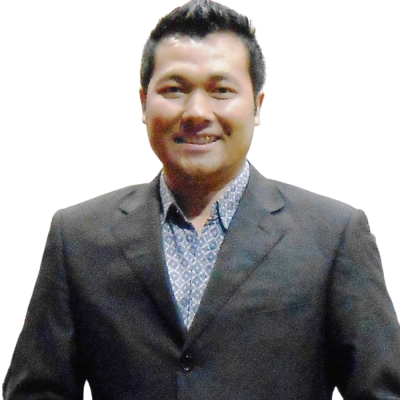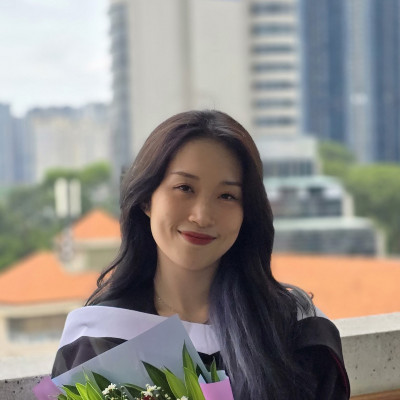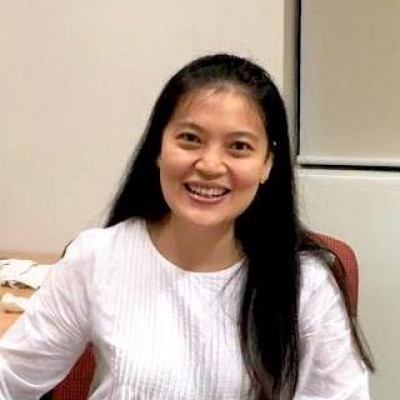Sessions / Location Name: Digital Tools and AI - Monday
Physical Location
Location: 705
Extensive Reading Foundation Open Board meeting #4479
All attendees are welcome to join the ERF Board meeting to listen in on what we are doing. Attendees are welcome to add their thoughts and make suggestions during this session.
Ideas to Access Materials: A Summary of Solutions to ER's Biggest Problem #4438
In this moderated session, the scholarship recipients who received funding to support their attendance at ERWC7 will share solutions to some of the main problems associated with ER. Common challenges including limited awareness of ER in training on pedagogical approaches, rigid curriculum and institutional policies, and a lack of localized research evidence all hamper initiatives to implement ER. Although these are significant hurdles, it is only with access to suitable materials that ER/EL/EV can be introduced and delivered effectively to move forward in addressing these challenges. The success in grassroots classrooms and institutional programs depends on teachers having interesting, level-appropriate, graded materials for their learners. Drawing from their experience and summarizing a range of presentations at this Congress, the panelists will share examples of resources available and novel methods being taken to overcome this primary limitation. Participants will be able to add and take away valuable ideas.






